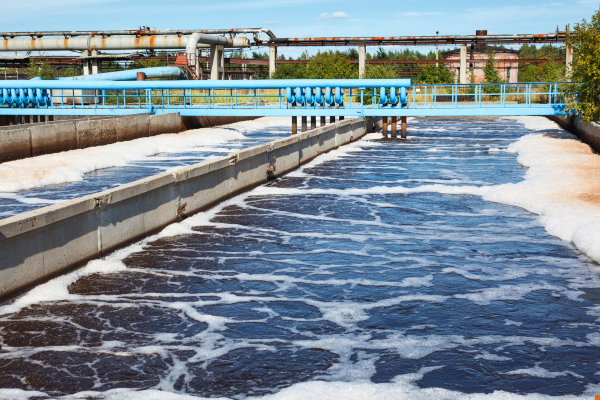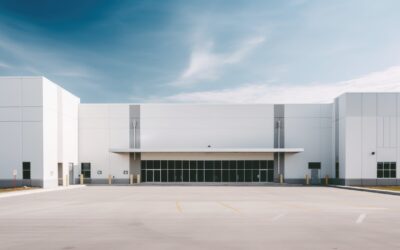Donald R. Keer, P.E., Esq.
MDCSystems® Consulting Engineer
In March the United Nations celebrated World Water Day 2013 by choosing Water Cooperation (supplying clean, accessible water to vulnerable communities) as its theme. With continuous pressure being put on populations to use water wisely, attorneys in the construction industry are seeing issues arise that were not present two decades ago. Water treatment is a unique industry with its own problems.
Clean water is necessary in almost every aspect of an industrialized country. Ironically, the greater the industrialization the harder and more expensive it is to treat water to ensure its purity. Water is not just necessary for public consumption. Industries, such as power, chemical, pharmaceutical and healthcare all require a consistent quality of water.
Water is the most essential life-sustaining substance on earth. Ironically it is also a substance that accounts for over 5 million deaths each year (Summit Intro Water Investing 2008), half of them children under the age of five, due to poor sanitation and purification techniques. Three quarters of the Earth’s surface is covered in water yet only ½ of 1% of that water is considered “fresh” water. The majority of that “fresh” water is still unsuitable to drink. The contamination of water is not just a Third World issue. The North American population is draining the aquifers underlying the land at an alarming rate. Where water was once considered an infinite resource people and governments are realizing it is in fact a renewable resource.
In the United States the supply of drinking water typically is the responsibility of the local municipality. Some of these municipalities have infrastructures over 100 years old. Others have older treatment systems, which can no longer process the contaminants in raw feed water. Still others are experiencing failures in the distribution systems. Lastly, many municipalities, are in attractive locations but don’t have the water resources available to support the population growth. The municipalities realize that they must address these problems.
The major problem in addressing the infrastructure failures is the public conditioning reinforced by political promises that water should be, if not free, very cheap. Water systems usually sell the water they produce at a loss or breakeven. There is no profit for improvements. Municipal bonds, Federal Grants and loan guarantees and other sponsored financing are used to repair, improve and expand the infrastructure.
Municipalities have also, with varying degrees of success, turned to private companies to take over their operations. In some instances these arrangements are successful. The private-public partnership usually results in an increase in costs to the consumer not because the private companies are less efficient but because the private companies must account for the risk of infrastructure failure and they are accountable to shareholders.
Most legal issues surrounding water treatment can be placed in one of the following design, construction or operating categories:
-
- Performance guarantees
- Disinfection By Products
- Virus and Bacterial Contamination
- Operating Costs
- Cost guarantees
- Manpower
- Chemical Consumption
- Energy Consumption
- Changing raw water feed
- Rain Fall
- Floods
- Infrastructure Failure
- Contamination
- Risk of Underutilization
- Schedule
- Commissioning and Start-up
- Acceptance
- Criteria
- Sustainable Designs




0 Comments